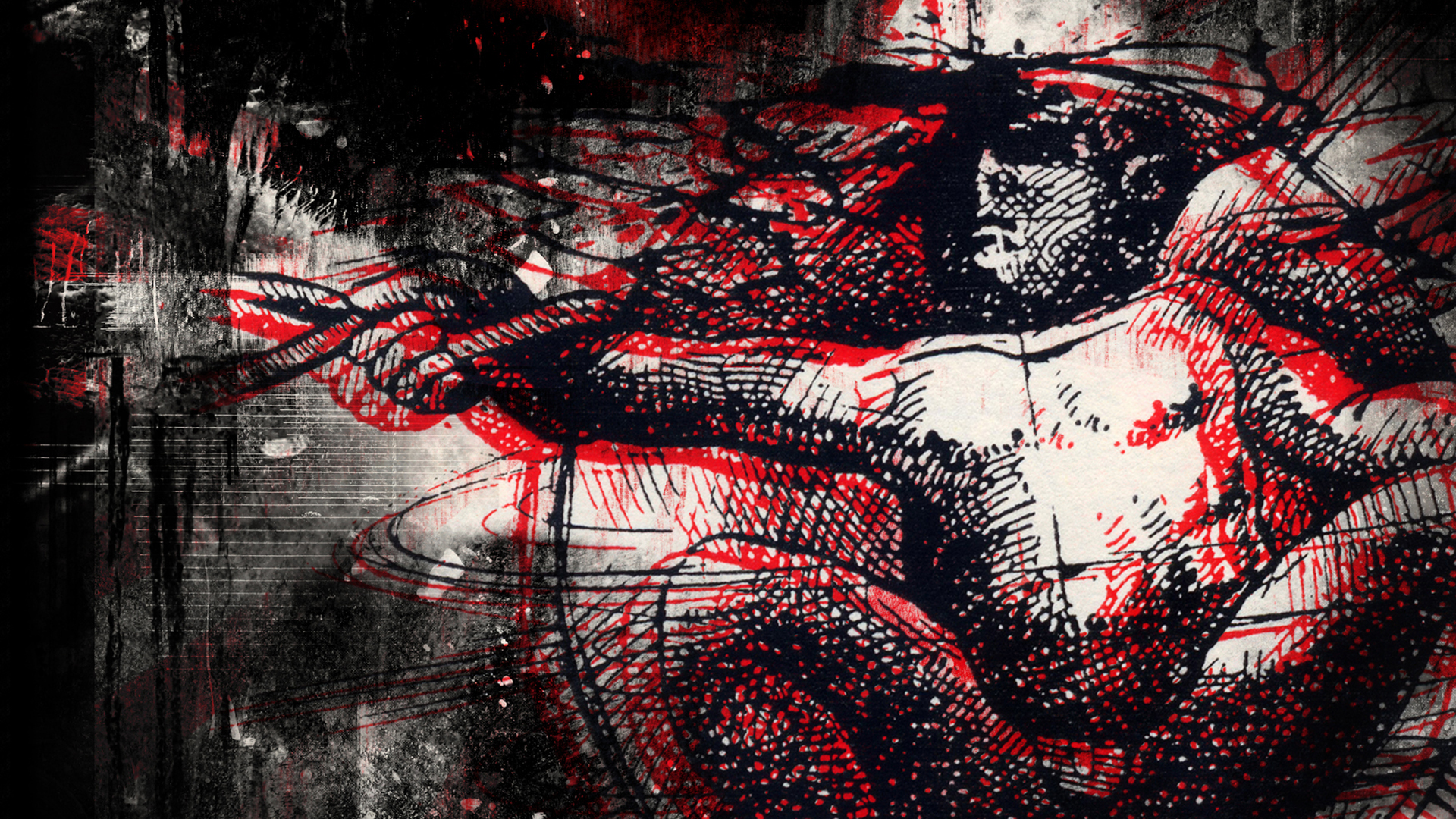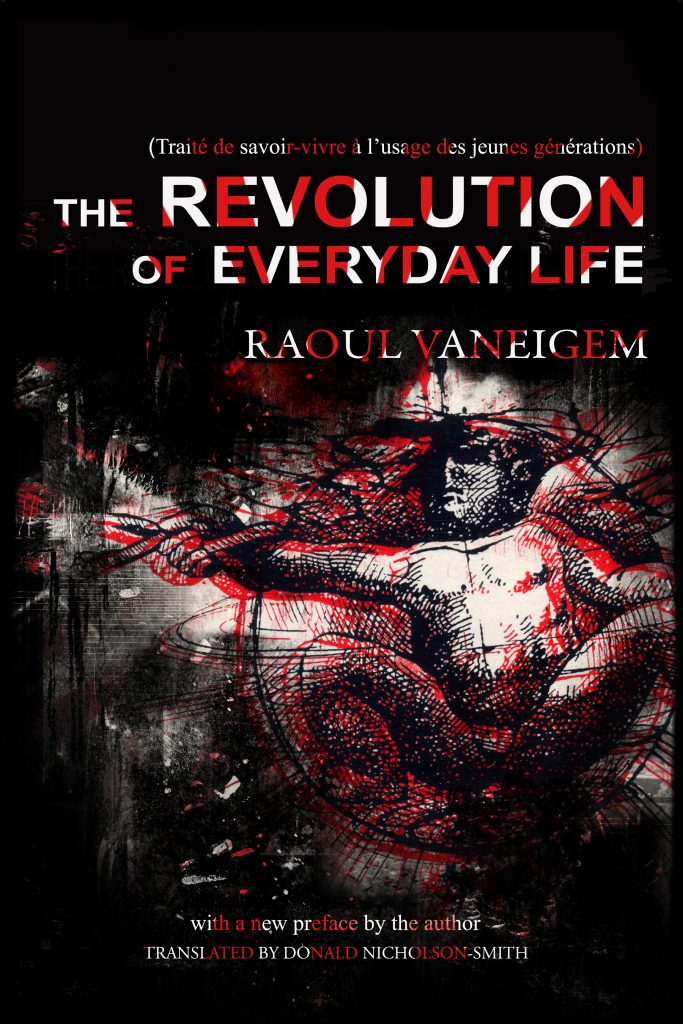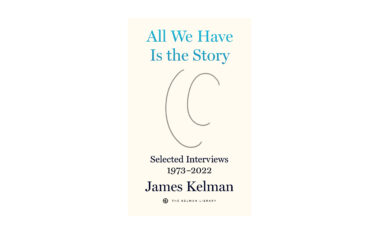by Steven Gray
LitSeen
Mar 5, 2013
‘In May of 1968 there were massive protests in France. They are often characterized as “student” protests in an attempt to limit the wider dimensions of the unrest and revolt. In fact, these protests led to a general strike involving nearly 10,000,000 workers. People know how to do things over there.
A small group called the Situationist International is thought to have sparked the uprising. They only had 10 or 20 members, but what they had to say resonated with an increasingly alienated population, and they knew how to spread their message, which had a Marxist as well as surrealist point of view. One of the Situationists, Guy Debord, “described official culture as a rigged game, where conservative powers forbid subversive ideas to have direct access to the public discourse” (from “Spectacle (critical theory)” on Wikipedia), and doesn’t that sound familiar. Third-party presidential candidates are not even allowed to participate in the debates in this country.
Two books were published in 1967 by members of the SI: The Society of the Spectacle by Guy Debord, and The Revolution of Everyday Life by Raoul Vaneigem. Vaneigem was born in Belgium in 1934 and grew up in a “working class, socialist and anticlerical milieu.” He was familiar with miners’ strikes and Magritte. He was concerned about a society overrun with commodities and the rat-race that follows. “Boredom is always counter-revolutionary… A life governed by sanctioned greed is by no means freed thereby from the old tyranny of having to forfeit one’s life merely to pay for it” (The Revolution of Everyday Life, PM Press, 2012). The book is extremely quotable, and includes an author’s preface from 2010, where he states the following: “… the United States of America is now viewed by Europeans as a paradoxically archaic country. Its technological achievements would warrant only admiration were they not belied by a mental stagnation that allows the ‘icy waters of egotistical calculation’ to preside over an inhumanity cynically defended in the name of profit.”
On the subject of overcoming the influence of the church: “Behind the rent veil of superstition appeared, not naked truth… but the slime of ideologies.” There is a direct link from the SI (which lasted from 1957 to 1972) to the punks.
The other night, we went to the California Institute of Integral Studies to hear a discussion with the man who translated Vaneigem’s book, Donald Nicholson-Smith. He has long hair and a gray beard and was in the SI from 1965 to 1967. He is an Englishman with a sense of humor who has lived in New York City for many years. Though he was supposed to be in conversation with Sasha Lilley, co-host of “Against the Grain” on KPFA and co-author of Catastrophism: The Apocalyptic Politics of Collapse and Rebirth, she was having a baby and couldn’t make it. In her place was Iain Boal, a social historian who currently teaches at the University of London and is one of the editors of West of Eden: Communes and Utopia in Northern California. He is also one of the world’s foremost bicycle historians and has a book on that subject called The Green Machine. I spoke with him after the discussion, but I forgot to mention my own bicycle history – lying unconscious on a road one night with my bike nearby.
The two men had a conversation in front of a classroom which was more or less filled. I was sitting next to Csaba Polony, who publishes Left Curve. Nicholson-Smith read a selection from the book, and this was followed by questions from the audience. There was reference to “the organization of appearances” in a culture which is “dying for not surpassing the master-slave dialectic.”
“The organization of appearances is a system for shielding the facts. A racket. It represents the facts in a mediated reality to prevent immediate reality from presenting them… Fragmentary power organizes appearances as spectacle…Worsened by history, the incoherence of the spectacle turned into the spectacle of incoherence [thus Pop Art is at once a current example of consumable degeneracy and the expression of the current degeneration of consumption].” Vaneigem wrote this around the time that Andy Warhol had surfaced as a superstar of surfaces.
Some phrases that came up in the discussion: the “seduction of the commodity” and the “imperialism of the market.” “Anthropology and revolutionary praxis.” “The first synthesis is community.” The world a few centuries ago was a “pregnant automaton.” The book seems to have aged well, considering most of it was written half a century ago.
Two nights later my wife and I watched an episode of Mad Men. It is set in the early 1960’s and gives a somewhat diluted sense of what people were dealing with back then. The advertising world has become more amplified over the years. We followed that with a video called “Obey”, a film informed by Death of the Liberal Class, a book by Chris Hedges.
Another idea flying around the CIIS classroom: the Marxist point of view is that nature is a worthy opponent. A man whose hair and beard were pretty wild raised his hand and spoke in a very reasonable voice, pointing out that nature is not always hostile; it is often a “congenial” force. There was general agreement that the word “nature” is very broad. There was some mention of how much the communists like industrial assembly lines and of the irony of such a subversive book being considered a classic. There was some question if the Left is sufficiently subjective and provisional – apparently not. There are “reified attempts at protest.”
All of this talk about keeping a population diverted (if not hypnotized) with spectacles, while maintaining a food supply, reminded me of the ancient Romans who had bread and circuses.
Iain Boal was a smooth moderator, choosing his words carefully. At the same time he would throw in quick and quiet asides that could be devastating. During a discussion of The Long Now – a 10,000 year perspective (according to Stewart Brand) – he noted it was similar to the Department of Defense estimates for the storage of atomic waste. At another point he threw off a phrase about the “valium-soaked suburbs.” He teaches sometimes at U.C. Berkeley, and the next time he is there I want to sit in on a class.
Nicholson-Smith mentioned the necessity of “historical memory.” Having such a perspective is downright subversive when the authorities want us to slip into amnesia with the aid of pharmaceuticals. We should never forget what has happened, what we have witnessed, including the crimes of the Cheney/Bush administration. When someone in a conservative think-tank (Fukuyama) postulates “the end of history,” there is probably another prison being built.
Steven Gray has been living in San Francisco since 1849 and has rent control. Self control is another matter. He reads his work on a regular basis in venues throughout San Francisco. Sometimes he accompanies other poets on guitar. He is co-editor of Out of Our, a poetry and art magazine, and has two books of poetry: Jet Shock and Culture Lag (2012), and Shadow on the Rocks (2011).
Back to Raoul Vaneigem’s Author Page | Back to Donald Nicholson-Smith’s Author Page






